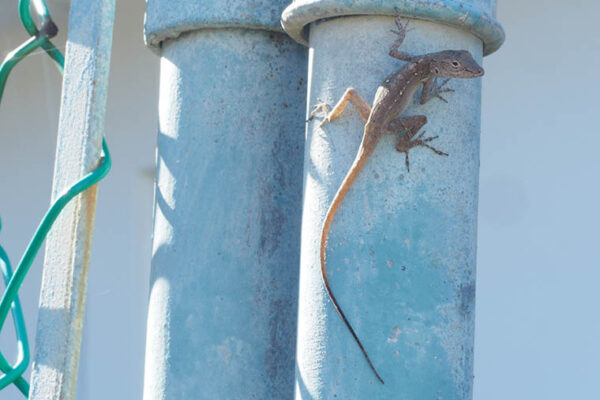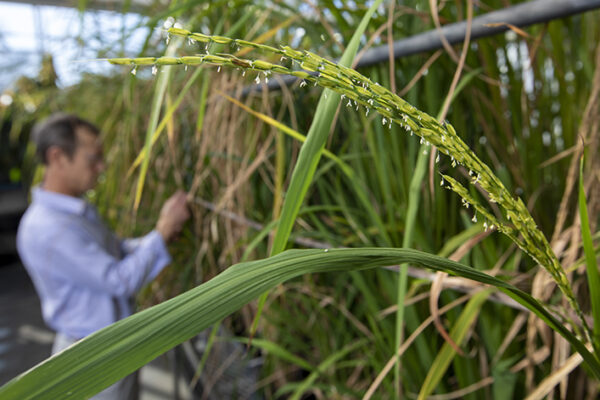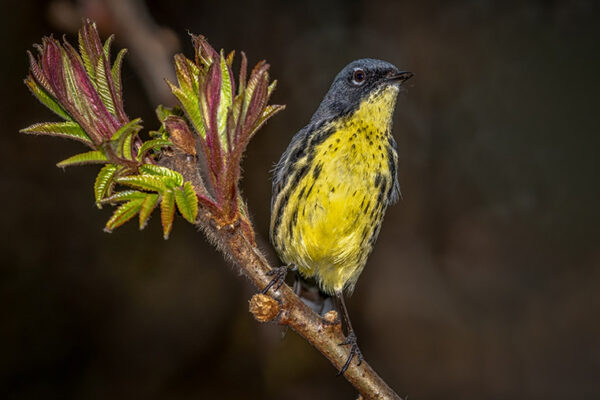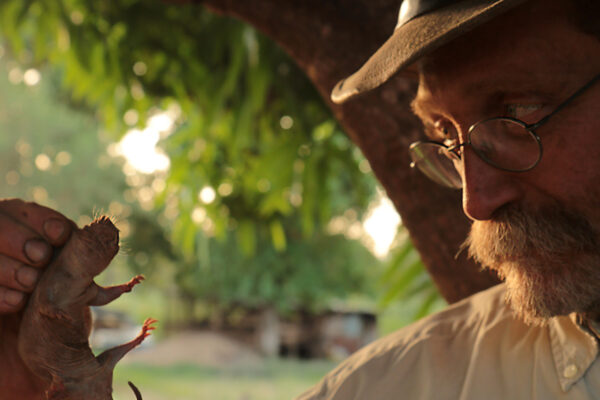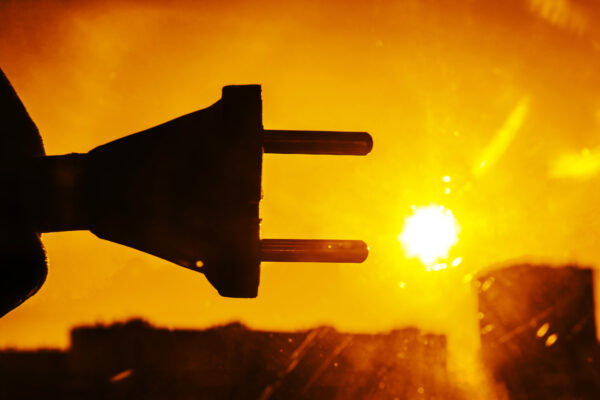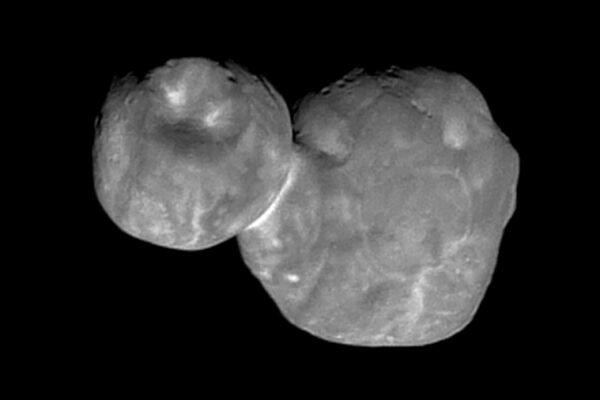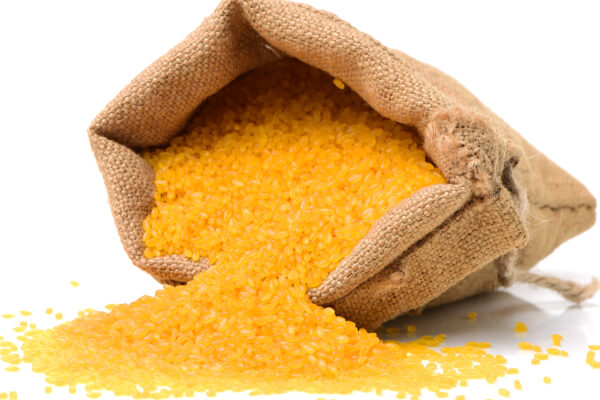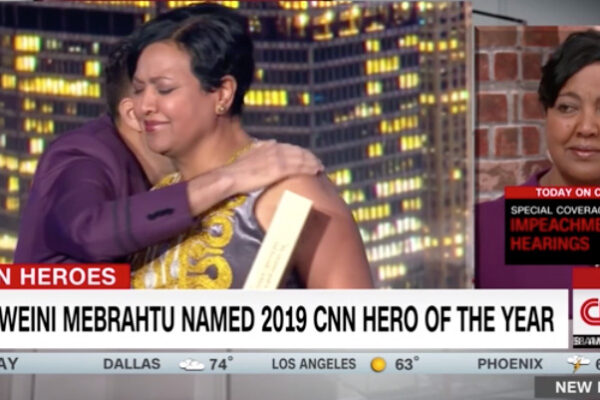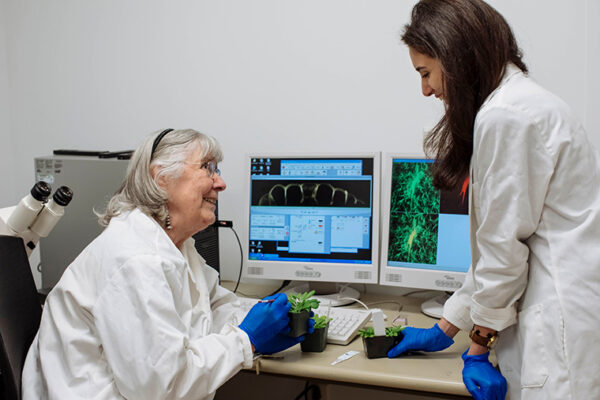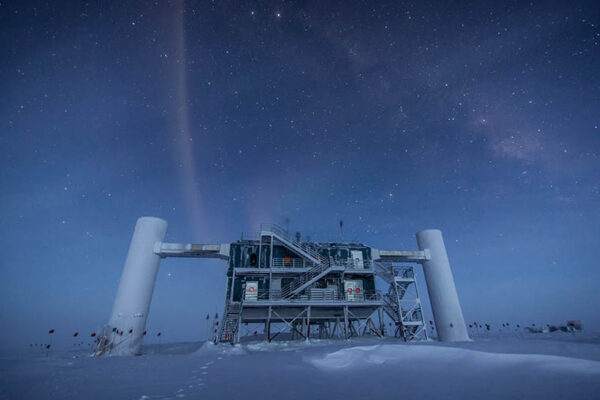Hot time in the city: Urban lizards evolve heat tolerance
Faced with a gritty landscape of metal fences, concrete walls and asphalt pavement, lizards that moved into cities in Puerto Rico rapidly and repeatedly evolved better tolerance for heat than their forest counterparts, according to new research from Washington University in St. Louis and the University of California, Los Angeles.
Rice, know thy enemy: NSF grants $2.6M to study weedy invader
Weedy rice — or rice gone rogue — costs U.S. farmers more than $45 million annually. A team led by Washington University in St. Louis will characterize the genetic basis and origins of the traits that allow weedy rice to invade rice fields, reduce yields and contaminate harvests.
Birds of a feather better not together
Diversity plays a key role in maintaining the stability of plant and animal life in an area. But it’s difficult to scale up smaller experiments to understand how changes will impact larger ecosystems. A new study of North American birds from biologists in Arts & Sciences reveals the importance of both total numbers and variation in species identities.
Tracking the migration of a naked mole rat
Stan Braude, a biologist in Arts & Sciences, published a new study in the African Journal of Ecology that considers the role of the moon in driving a particularly rare occurrence: the solo journey of a naked mole rat from one underground colony to start a new one.
Walking the wire: Real-time imaging helps reveal active sites of photocatalysts
Nanoscale photocatalysts are small, man-made particles that harvest energy from sunlight to produce liquid fuels and other useful chemicals. A new imaging solution developed at Washington University in St. Louis reveals the significance of a particular structural feature — clusters of oxygen vacancies — in achieving high photocatalytic activity.
Arrokoth close-up reveals how planetary building blocks were constructed
William B. McKinnon, professor of earth and planetary sciences in Arts & Sciences at Washington University in St. Louis, led one of three new studies that together provide a far more complete picture of the composition and origin of Arrokoth. The new research published in Science points to the resolution of a longstanding scientific controversy about how such primitive planetary building blocks called planetesimals were formed.
No clear path for Golden Rice to reach consumers
Heralded as a genetically modified crop with the potential to save millions of lives, Golden Rice has just been approved as safe for human and animal consumption by regulators in the Philippines. But a new study by Glenn Davis Stone, professor of sociocultural anthropology and environmental studies in Arts & Sciences, finds that most families affected by Vitamin A deficiency can’t grow Golden Rice themselves, and most commercial farmers won’t grow it either.
CNN’s ‘Hero of the Year’ has deep university connections
Menstruation is considered taboo in Ethiopia, and girls often miss school or drop out because of their periods. Freweini Mebrahtu designed a solution — and, with support from St. Louis-based charity Dignity Period, founded by a Washington University faculty member, it has benefited nearly 800,000 girls and women. Mebrahtu was recently named CNN’s “Hero of the Year.”
Obituary: Barbara G. Pickard, professor emerita in Arts & Sciences, 83
Barbara G. Pickard, professor emerita of biology in Arts & Sciences at Washington University in St. Louis, died Dec. 6, 2019, in St. Louis from complications related to hip surgery. She was 83.
Ultra-high energy events key to study of ghost particles
Bhupal Dev, assistant professor of physics in Arts & Sciences at Washington University in St. Louis, proposes a new way to leverage data from ultra-high energy neutrinos from large neutrino telescopes such as the IceCube Neutrino Observatory in Antarctica.
View More Stories
